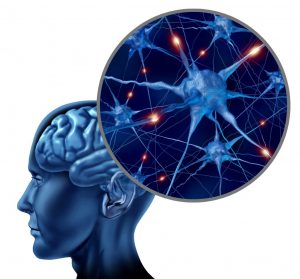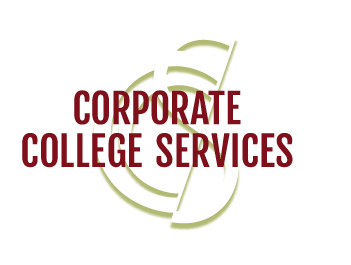Mastering Learning Series: Learning Foundations
Know Your Brain
In this age of the New Science of Learning, exploring “how we learn” and “how we can learn better” begins and ends with the human brain. The more we know about the brain, the greater our chance of accessing its limitless potential.
Our readers question: “Why do some people learn more easily than others?” “How do I increase my own memory and recall?” “If we have the same capacity to learn, why do some people know more than others?” “How does memory work?”… All specifics contributing to in-depth inquiry.
Why? What? How? Let’s expand that line of questioning to include a “what if – then” perspective. Give it a try:
“What if “I possess limitless learning potential; “then”…
My brain would be firing like the image on the blog header. All the circuits would be laid down for an easy flow of electrical messages and chemical exchanges connecting a lifetime of experiences and a healthy recall of the data accumulated there.
And, again:
“What if” I have learning mastery; “then”…
I also have mastery of recall because my brain has expertly encoded data for retrieval.
The human brain reflects what has been accumulated throughout its lifetime at any specific point. The accumulation of learning is point specific. Learning at any point in life (at any age) is an accumulation of all that has come before… So it would behoove us to start our brain exploration where all learning began.
Learning Foundations
First and foremost, as human beings, we are born with an innate desire to master our world. And, each of us comes into this world outfitted with an amazing capacity to do just that. Watch any infant, both what they do and how they do it. Very early, a hearing system emerges that differentiates sounds; a visual system emerges, again with the capacity to differentiate shapes, shades, sizes, faces, spaces… Infants learn to speak, sing, walk and run with little instruction from us.
Infants and children learn via imitation, habituation, perception and cooperation (socialization). How many times does a child repeatedly construct a puzzle? Dozens….. in this process of habituation, children lay down the foundations for later learning… Via a process called myelinization, foundational skills, abilities and knowledge are hardwired in the brain resulting in automatic recall.
From day of birth onward, the human brain prunes and grows, honing its own individual learning pathways. Scientists reveal that the maximum number of brain cells recorded appear during the first few months after birth. From there on, those cells not used disappear.
Astoundingly, during infancy, when a human being knows the least, it possesses the greatest number of neurons!
The skills, abilities and knowledge laid down in our brains during those early years of development, based on a learning system of imitation, habituation, perception and cooperation, are still with us today, no matter our age.
Brain Exercises #3
Parents, educators, trainers, and therapists have long known that children learn differently than adults. In fact, child learning is defined as pedagogy, a system for laying down foundational knowledge. Whereas, the adult system, differentiated as andragogy, refers to a learning system based on experience, motivated by a need to know and goal directed learning.
Often unknown or forgotten, if not ignored, is that richly laden, neural system from which all learning began. When was the last time you intentionally used these innate learning and developmental skills?
- imitation… learn by observation and nuance
- habituation… learn by rote and repetition
- perception… learn through discernment and insight
- cooperation… learn by sharing, adapting and compromise
Photo ID 29027134 © Cornelius20 I Dreamstime.com
Suggested readings and for more information: Mozart’s Brain and the Fighter Pilot and Think Smart by Richard Restak; Brain Secrets, a PBS series presented by Dr. Michael Merzenich. Other topics to research include: Neuroscience; Brain/learning; Neuroplasticity; Brain-based learning.
About the Author
Mentored by Malcolm Knowles (long considered the “father of adult education” in America), Dr. Alice F. Dyer has devoted her professional career to a brain-based approach to human development via teaching and training. She founded Corporate College Services in 1997. For more than 20 years, CCS has championed accelerated learning in the workplace.
